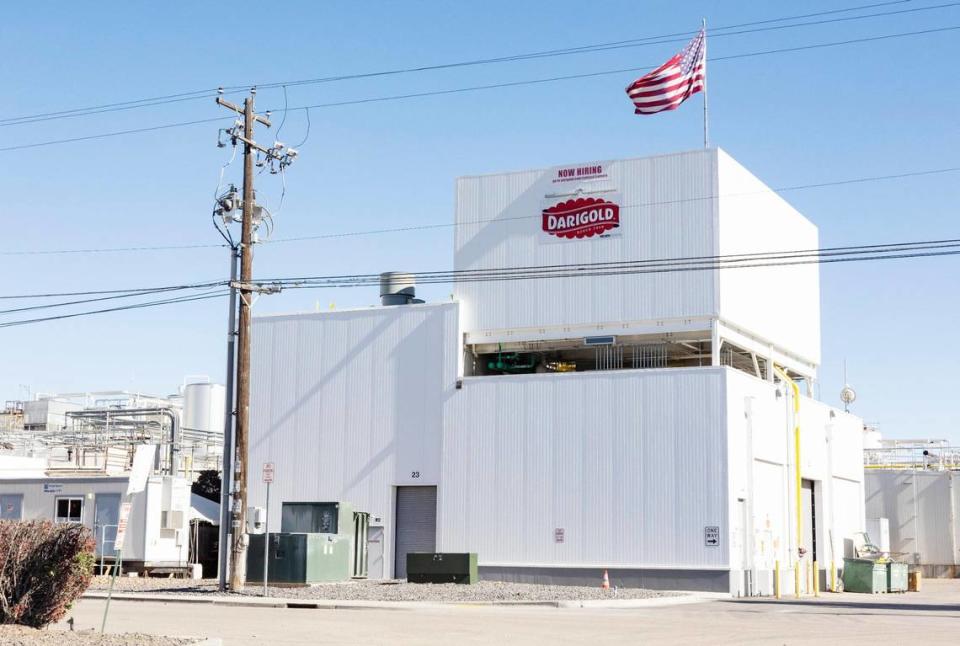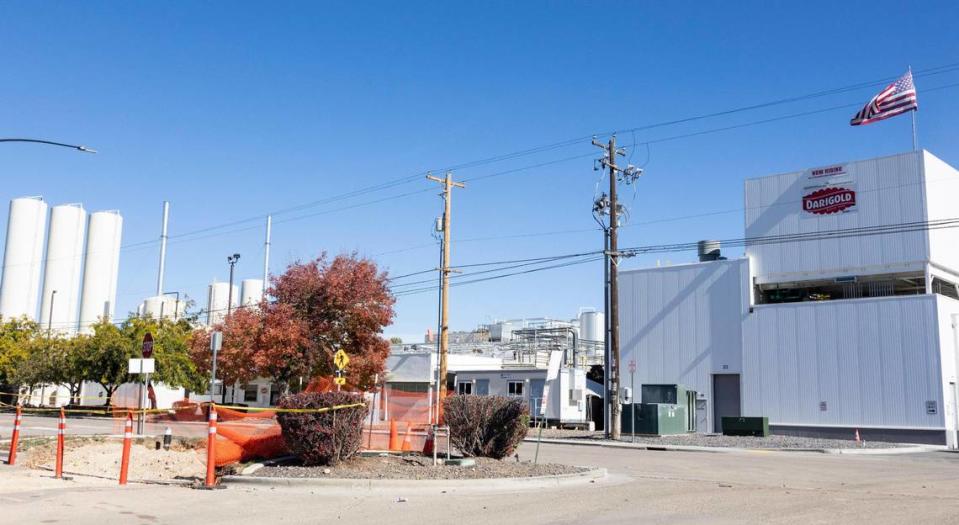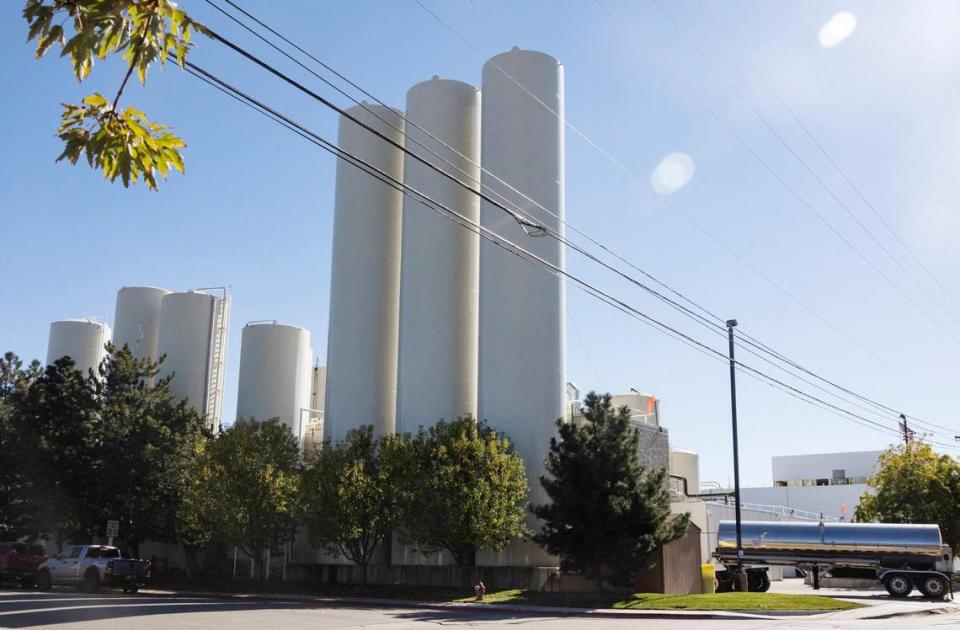What was that foul smell along the I-184 Connector? It came from this business
The Idaho Department of Environmental Quality received its first complaint about an odor near the I-184 Connector on Sept. 24.
After looking into the situation, representatives from DEQ determined the smell was coming from the Darigold plant at 618 N. Allumbaugh St., south of the Connector near Emerald Street. People in the area in recent weeks described it as smelling like a backed-up sewer.
The odor came from something overwhelming the wastewater treatment plant at Darigold, essentially causing the system to break down, DEQ officials said in an interview. Typically, Darigold would discharge treated wastewater from its milk processing into the city sewer system. Because something was thrown off, the discharged wastewater smelled more than normal and could take weeks to fully fix.
The Darigold plant produces and packages ultra-pasteurized milk, shelf-stable milk, cottage cheese and sour cream, Darigold spokesman Chris Arnold wrote in an emailed statement.
“Our Boise facility is currently managing a wastewater situation,” Arnold wrote. “… All wastewater containment systems at the facility are functioning properly and the wastewater is contained. We have taken immediate steps to reduce the odor related to this and are continuing to work to be sure it is fully addressed.”

Arnold wrote that Darigold apologizes for the inconvenience. He said the company informed the West Boise Sewer District and DEQ when the breakdown happened.
The waste typically produced is “largely sour milk,” said David Luft, air quality manager for the Boise DEQ office.
Something caused Darigold’s digester — the tank where wastewater is treated — to get out of balance, said Valerie Greear, engineering manager at the DEQ’s Boise regional office.
Luft and Geear said they don’t know what caused the problem. Greear suspects that microorganisms that normally help treat wastewater died off, or that some wastewater that hadn’t been fully treated yet ended up in an open-air tank.

“Once it happens, it takes a while to get it back,” Greear said. “... It could take weeks. Because we’re talking about a lot of water, and they’re continuing to generate the wastewater as they process it. So it just takes time to get that up and running.”
Another milk processor is helping out by sending “bugs” to the plant that had the issue, Greear said, referring to microorganisms.
“The main fix is getting the chemistry, biology, in that tank back to where it needs to be so the bugs are doing their job,” Luft said.
The issue isn’t common but also isn’t unheard of, Greear said.

Despite the lingering “unpleasant” odor, the plant was found to be in compliance with air quality rules when Luft visited the plant last week, he said.
Darigold is a farmer-owned cooperative based in Seattle and the Pacific Northwest’s largest dairy. The company announced last year a $67 million expansion to its Boise plant. The roof of its Caldwell plant collapsed earlier this week in a fire.
Company to conduct repairs before fire at Caldwell Darigold plant can be investigated
Old Boise dairy will get big new expansion, more jobs — and here’s what it will produce
Boiseans will vote on sewer bond. Win or lose, their bills will rise. How much, and why?

 Yahoo Movies
Yahoo Movies 
